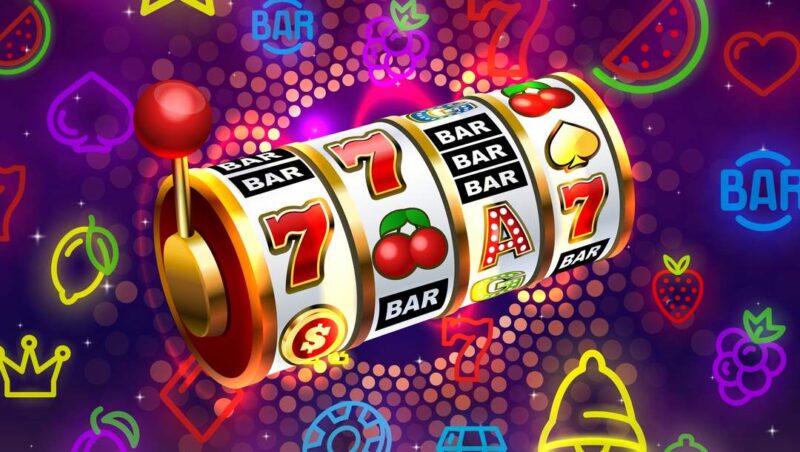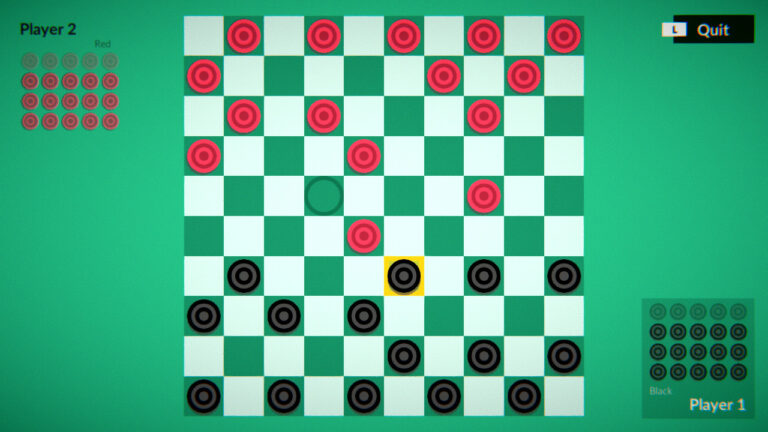Online slot manipulation is a topic shrouded in myths and misunderstandings. It’s crucial for players and enthusiasts to grasp the reality behind these digital games.
This article aims to shed light on the mechanisms of online slots, the possibilities and limitations of manipulation, and the regulatory environment ensuring fair play. With technological advancements and regulatory frameworks, the landscape of online gambling has evolved significantly, making it imperative to understand these aspects for a safe and informed gaming experience.
The Mechanics of Online Slots

Online slots, like such at CasinoMIRA, operate on a foundation known as Random Number Generators (RNGs). These algorithms generate millions of potential outcomes every second for each slot game, ensuring that each spin is independent of the previous one.
This randomness is at the heart of fair play in online gaming. It’s a common misconception that slots are programmed to have ‘hot’ or ‘cold’ streaks. In reality, the RNG ensures that each spin is a standalone event with no memory of past outcomes.
Regulatory Oversight and Fair Play
The integrity of online slots is maintained through rigorous regulatory oversight. Gaming commissions and regulatory bodies across various jurisdictions mandate strict compliance with fairness standards.
These bodies regularly audit online casinos and their games to ensure compliance with RNG usage and payout fairness. For instance, eCOGRA (eCommerce Online Gaming Regulation and Assurance) is a renowned agency that certifies online gaming software and systems. Their seal is a reassurance of fairness and transparency.
The Myth of ‘Hacking’ Slot Machines
The idea of hacking online slots to guarantee wins is a popular myth. Modern online slots are built with sophisticated encryption and security measures, making them virtually impervious to external manipulation. While cases of physical slot machines being tampered with in the past are documented, the digital nature of online slots, coupled with advanced security protocols, renders such manipulation highly implausible.
Payout Percentages and Volatility

Understanding payout percentages and volatility is key to comprehending how online slots operate. The payout percentage, often referred to as Return to Player (RTP), is the amount a slot pays back to players over time.
For instance, a slot with a 95% RTP will return $95 for every $100 wagered in the long run. Volatility, on the other hand, indicates the risk associated with a particular game. High volatility slots offer larger payouts but less frequently, while low volatility slots offer smaller payouts more often.
The Role of Casino Operators
Casino operators play a significant role in the functioning of online slots. They choose the games from various software providers, each with different RTPs and volatility levels. However, it’s a common misconception that operators can easily alter these parameters. In reality, any significant change to the game’s mechanics, including its RTP, requires a rigorous process involving re-certification and regulatory approval.
Player Responsibility and Safe Gambling
Finally, player responsibility is paramount in online gambling. It’s essential for players to approach online slots with realistic expectations and an understanding that these games are forms of entertainment, not income sources.
Setting budgets, adhering to limits, and understanding the mechanics of the games are crucial aspects of responsible gambling. Additionally, players should always engage with reputable casinos that are licensed and regulated, ensuring a fair and secure gaming environment.
Transparency and Trust in Online Gaming

Transparency is a cornerstone of trustworthy online gaming. Reputable online casinos openly display information about their licensing, game auditing, and RTP statistics. This transparency fosters trust among players.
Casinos that hide or obscure this information should be approached with caution. Players should also look for online forums and reviews as part of their research. Real player experiences can offer valuable insights into the fairness and overall experience of an online casino.
The Influence of Game Developers
The role of game developers in the online slot market is crucial. Developers are the architects behind the games, crafting not only the visual and audio experience but also the mathematical models that drive them.
Companies like NetEnt, Microgaming, and Playtech have built reputations for creating fair and engaging games. Their games go through extensive testing, both internally and by independent auditors, to ensure compliance with fairness standards.
Understanding Randomness and Probability
A key aspect of online slots is the concept of randomness and probability. Every spin is an independent event, and the odds of winning are the same for each spin.
This understanding is critical in debunking myths about machines being ‘due’ for a win after a losing streak. Probability also plays a role in the design of games; for instance, a slot with a huge jackpot will have a lower probability of hitting that jackpot, reflecting in its overall RTP and volatility.
The Impact of Bonus Features and Free Spins

Bonus features and free spins are attractive components of online slots. These features are often perceived as ways to increase chances of winning. While they do add excitement to the gameplay, it’s important to understand that these features are also built into the game’s overall RTP. Free spins and bonuses are not an indication of impending wins but are part of the game’s random outcome generator.
Legal and Illegal Online Casinos
Distinguishing between legal and illegal online casinos is vital. Legal casinos are licensed, regulated, and adhere to the laws and regulations of the jurisdictions in which they operate.
Illegal, or ‘rogue’, casinos operate without licenses and are not subject to regulatory oversight. Playing at illegal casinos exposes players to unfair games and security risks. It is imperative for players to verify the legal status of an online casino before engaging in play.
The Future of Online Slots and Technology

Looking ahead, the future of online slots seems intertwined with technological advancements. Virtual reality (VR) and augmented reality (AR) are set to redefine the gaming experience, offering more immersive and interactive environments.
Additionally, the use of blockchain technology and cryptocurrencies in online gaming could enhance security and transparency. However, with these advancements, the importance of understanding the basics of game fairness and randomness remains paramount.
Summary
In conclusion, while the allure of online slots is undeniable, it is essential for players to arm themselves with knowledge and understanding of how these games work. The truth about online slot manipulation is that the systems in place largely ensure fairness and randomness.
As technology advances and the online gaming world evolves, staying informed and playing responsibly will continue to be crucial for a safe and enjoyable gaming experience.
Related Posts:
- 5 Types of Engine Blocks - All You Need to Know
- Which Visa Do You Need to Get Married in Great…
- How Long After You Create A Shipping Label Do You…
- Common Use Cases of Just-In-Time Access Explained:…
- How Accurate Is Food Sensitivity Testing? 12 Things to Know
- 12 Tips to Transform Your Online Presence Through…







